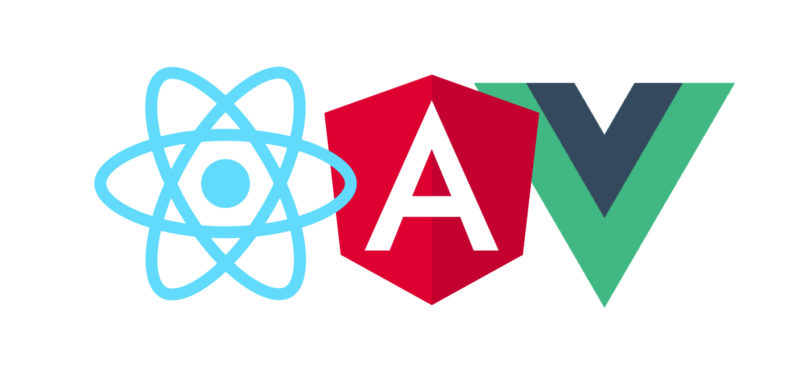JavaScript Frameworks
March 08, 2023

JavaScript frameworks are powerful in a sense that these tools can help developers create complex web applications in an instance.
What is a JavaScript Framework?
A JavaScript framework is a set of pre-written code that provides developers with a structure for developing web applications. This,in terms, simplifies and accelerates the development by providing a foundation of tested, proven and reliable code that developers can use as a basis for their own projects.
Examples of JavaScript Frameworks
A few of the hottest frameworks from JavaScript that are used by thousands of developers include the likes of React, Angular, and Vue.js. Some of the other less known names that are also JS Frameworks entail Ember.js, jQuery, Backbone.js and Svelte. These frameworks offer a variety of features that make them the ideal partner for web development projects, such as component-based architecture, improved performance, and scalability.
Benefits of Using a JavaScript Framework
JavaScript frameworks provide a structure and an organization to your code, that in the long run can make it easier to maintain and debug an application. They allow a faster development time by providing a library of pre-built components which can be used inside of a project. As a matter of fact, frameworks can also offer improved scalability, perfomance, optimization and maintainability compared to plain vanilla JavaScript since they are enhanced for specific tasks.
Challenges of Using a JavaScript Framework
Not all JavaScript frameworks are perfect in a sense that they can have some downfall caveats including:
- Increased complexity, due to additional layers of abstraction.
- Difficulty in troubleshooting and debugging code.
- Longer development times due to the learning curve for new frameworks.
Also, something to point out towards one of the downsides for utilizing these powerful frameworks, is the fact that most of them tend to be bulky regarding functions and code base that can result in drowning heavy amounts of resources, including high memory management and a spike in CPU usage.
Selecting the Right Framework for Your Project
When selecting a JavaScript framework for your project, consider the size and scope of the project, alongside its features and capabilities it offers from vanilla JS, HTML, and CSS. Make sure to research available frameworks thoroughly and test them out before making a decision to ensure you are selecting the right one for your specific needs. Additionally, keep in mind that technology changes quickly and frameworks may need to be updated or even replaced over time depending on what is being offered or demanded during that period of time.
Best Practices for Working with JavaScript Frameworks
When working with JavaScript frameworks make sure that you understand the purpose of each framework along with it's benefits and features. Be sure to familiarize yourself with the conventions and best practices for coding in a particular choice of available frameworks. And make a note of utlilizing debugging tools to identify and resolve errors quickly.
Conclusion
JavaScript frameworks offer a range of benefits to developers, which include:
- Faster development times
- Improved scalability
- Refined maintainability
- Better Code Organization
By understanding the advantages of using a JavaScript framework, developers can make more informed decisions when it comes to choosing the right tools for their projects.